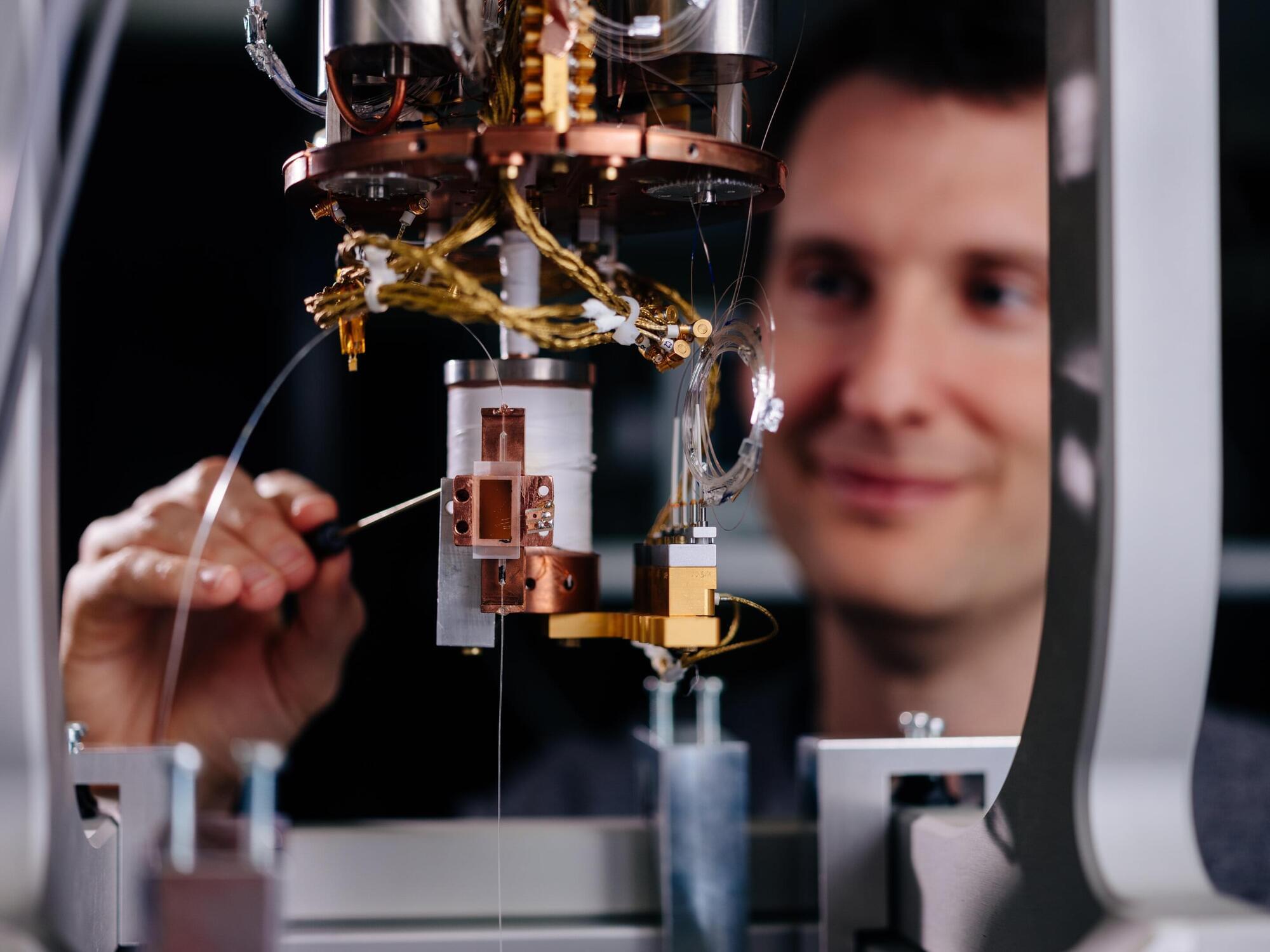Scientists at Paderborn University have made a further step forward in the field of quantum research: for the first time ever, they have demonstrated a cryogenic circuit (i.e. one that operates in extremely cold conditions) that allows light quanta—also known as photons—to be controlled more quickly than ever before.
Specifically, these scientists have discovered a way of using circuits to actively manipulate light pulses made up of individual photons. This milestone could substantially contribute to developing modern technologies in quantum information science, communication and simulation. The results have now been published in the journal Optica.
Photons, the smallest units of light, are vital for processing quantum information. This often requires measuring a photon’s state in real time and using this information to actively control the luminous flux—a method known as a “feedforward operation.”









